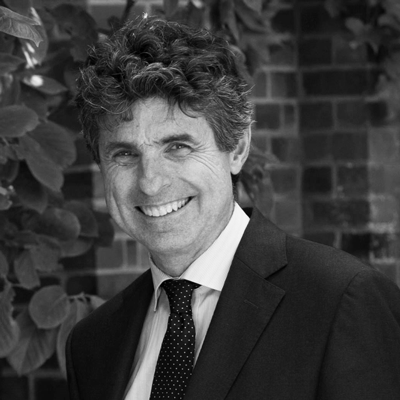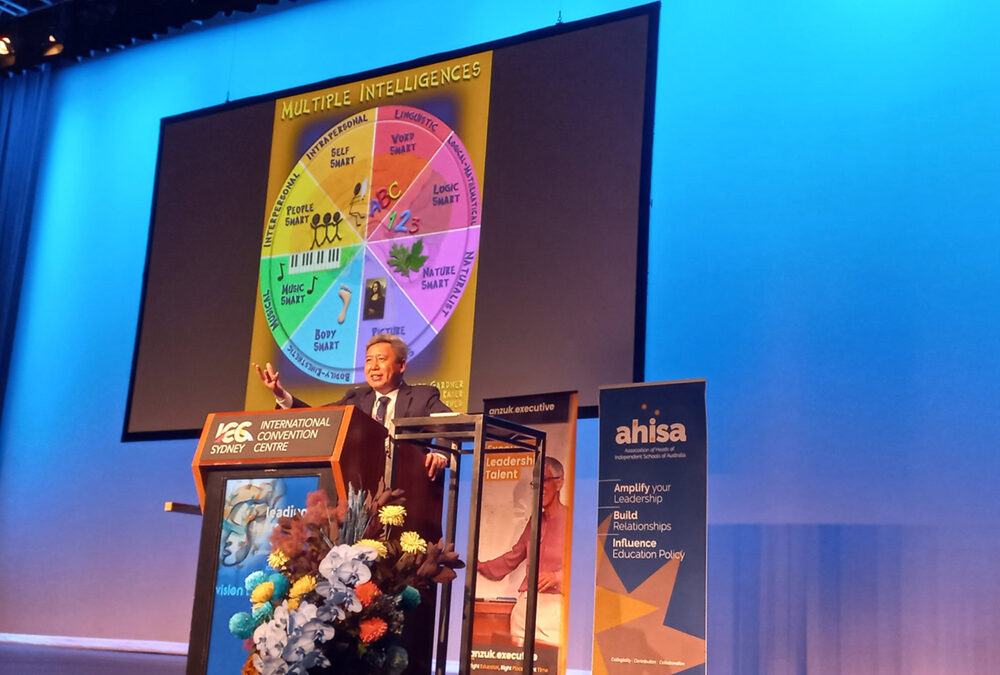We know that good teaching will involve a mixture of explicit instruction, inquiry-based learning and experiential learning, together with appropriate varying methods of assessing learning. We are dealing with individuals, so no one approach or framework will suit all. The media loves to try to jump on a particular style or mode of education, at the expense of anything else, but good teachers know this not to be appropriate.
Professor Yong Zhao, prominent international education researcher, scholar and author, spoke to dispel the myths of this simplistic media-inspired mayhem at the Australian Heads of Independent Schools Association (AHISA) Leading, Learning and Caring conference in Sydney recently.
He said it was so important in education to emphasise the “uniqueness of individuals” in learning, but in doing so he challenged some modern perceptions. Zhao has long claimed the need to focus on entrepreneurial skills of students, not test scores.
He said the “personalisation of learning” was important towards the development of such skills, but he emphasised that such personalisation of learning is done by the learners, the children, not by staff. He said it was important that children learn “meaningful stuff”.
A key question for learning development is, “How do we help children solve other people’s problems?”
Professor Zhao said education in this age is about solving problems in ways that are cross-disciplinary, cross-age and global. He said children need to learn how to identify problems and solve problems.
And, most importantly, it is students who need to learn to identify problems and solve them, perhaps engaging in-co-interdependence with others, using the strengths of multiple learners to help solve problems.
It all requires changes to traditional structures and involving cross-age learning. Zhao sees the applicability of AI technology to assist in this problem identifying and solving process.
Education terminology and meanings have to be explored further to ensure better narratives are used to explain successful and personalised learning and it requires teachers to critically examine their own approaches and narratives to ensure optimal learning outcomes are achieved.
If you were in attendance at the AHISA conference or would like to discuss any of the themes presented including Education recruitment, please don’t hesitate to reach out or connect with me on LinkedIn.

Andrew Barr is Practice Lead – Education at Slade Group. He has taught and held Principal positions at schools in Victoria, the UK and Tasmania. Andrew was Regional Director of the Round Square Association, National Chair of AHISA and Director of the Principals Australia Institute. He completed a Bachelor of Economics and Master of Education Studies at Monash University and a Diploma of Education at the University of Sydney. Andrew remains very engaged in the NGO sector, including a focus on improving educational outcomes for First Nations children. Read more…
Andrew Barr
Practice Lead – Education
Tel: +61 400 762 660
abarr@sladegroup.com.au

